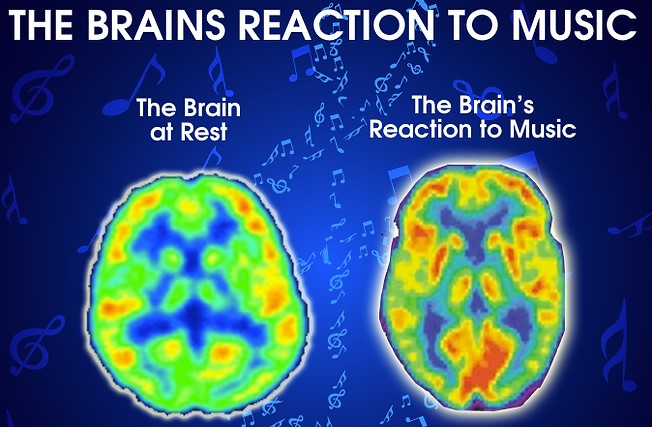Exploring the Intricacies of Neurologic Music Therapy

In the realm of therapeutic interventions, an innovative and scientifically grounded approach known as Neurologic Music Therapy (NMT) has been gaining recognition for its profound impact on individuals with neurological disorders. Rooted in the intersection of neuroscience and music, NMT harnesses the power of rhythm, melody, and harmony to address a wide array of cognitive, sensory, and motor challenges. This article delves into the fascinating world of Neurologic Music Therapy, exploring how it works and the therapeutic benefits it offers to individuals facing neurological conditions.
1. Understanding Neurologic Music Therapy:
Neurologic Music Therapy is a specialized form of music therapy that is specifically tailored to individuals with neurological conditions such as Parkinson’s disease, stroke, traumatic brain injury, and Alzheimer’s disease. Developed by Dr. Michael Thaut and his colleagues, NMT is grounded in the understanding that music engages multiple areas of the brain simultaneously, making it a powerful tool for neurorehabilitation.
2. Targeting Different Brain Areas:
One of the key principles of Neurologic Music Therapy is its ability to target specific areas of the brain responsible for different functions. For example, rhythm and timing components of music activate the basal ganglia, which is particularly relevant for individuals with movement disorders such as Parkinson’s disease. Melodic Intonation Therapy, a component of NMT, engages the left hemisphere of the brain, aiding in speech recovery for individuals with aphasia following a stroke.
3. Enhancing Motor Skills:
For individuals with movement disorders or motor impairments, Neurologic Music Therapy focuses on rhythmic auditory stimulation to improve gait, coordination, and overall motor skills. The rhythmic elements of music serve as external cues that can help individuals regulate their movements and overcome motor challenges. This approach has shown significant promise in rehabilitation settings, where traditional therapies may fall short.
4. Stimulating Cognitive Function:
Beyond motor skills, Neurologic Music Therapy has demonstrated efficacy in stimulating cognitive functions such as memory, attention, and executive functioning. Music engages various cognitive processes, and structured music interventions can be designed to address specific cognitive goals. This is particularly relevant for individuals with conditions like Alzheimer’s disease, where preserving cognitive function is a primary focus.
5. Emotional and Psychosocial Benefits:
In addition to its neurological effects, NMT also offers emotional and psychosocial benefits. Music has the power to evoke emotions, trigger memories, and provide a means of self-expression. For individuals facing the challenges of neurological conditions, engaging in music therapy can contribute to improved mood, reduced anxiety, and an overall enhanced quality of life.
6. Personalized and Adaptive Approach:
One of the strengths of Neurologic Music Therapy lies in its personalized and adaptive nature. Therapists work closely with individuals to assess their specific needs and tailor interventions accordingly. Whether it’s creating a customized playlist, incorporating instrument play, or designing rhythmic exercises, NMT adapts to the unique challenges and goals of each individual.
Neurologic Music Therapy stands at the forefront of innovative approaches to neurological rehabilitation, offering a harmonious blend of science and art. As our understanding of the brain continues to evolve, NMT provides a promising avenue for improving the lives of individuals facing neurological challenges. Through the transformative power of music, Neurologic Music Therapy is not just addressing symptoms; it’s orchestrating a symphony of healing that resonates through the neural pathways, fostering recovery, and enhancing the well-being of those on the journey of neurorehabilitation.
Face the Music with Us
Many never seek treatment for addiction because of the cost. Face the Music Foundation is looking to help as many people as possible take the financial worry out of addiction treatment so they don’t have to choose between their savings and their sobriety. We need your help to get it done.

